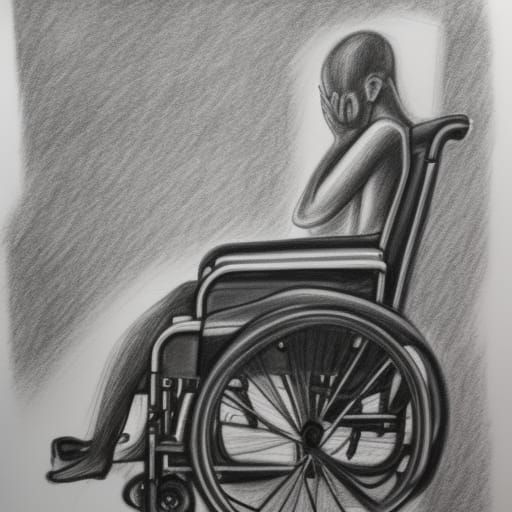"Why Can't I Get My Money? Understanding the Criteria for Social Security Disability Benefits"
SSDI ensures its continuing long-term viability by providing benefits only to individuals who are unable to work a full-time job
When you work, a portion of your wages is deducted for payroll taxes. These taxes go into the Social Security trust fund, which provides benefits to retired, disabled, and surviving individuals and their families. It's important to consider the broader context of Social Security as a whole. As baby boomers retire and there are fewer workers paying into the system, there is a growing concern about the long-term viability of the Social Security fund. This is why Congress has taken steps to build a buffer for the fund and ensure that it remains solvent for future generations. However, many people who paid into the system are surprised when they become disabled and are unable to receive their Social Security Disability Insurance (SSDI) benefits immediately.
One way that SSDI ensures its continuing long-term viability is to provide benefits only to individuals who are unable to work a full-time job due to a disabling condition. This means that individuals must be completely unable to engage in any substantial gainful activity (SGA) to be eligible for benefits. The Social Security Administration (SSA) defines SGA as earning more than a certain amount each month, which is adjusted annually. In 2023, The monthly SGA amount for statutorily blind individuals for 2023 is $2460. For non-blind individuals, the monthly SGA amount for 2023 is $1470.
More specifically, the SSA has strict criteria for determining disability. To be considered disabled, individuals must have a medically determinable physical or mental impairment that prevents them from engaging in SGA and is expected to last for at least 12 months or result in death. The disability must also be severe enough to prevent the individual from performing any work they have done in the past and any other work that exists in significant numbers in the national economy.
Another reason why individuals may not be able to receive their SSDI benefits immediately is that the SSA requires a five-month waiting period before benefits begin. This means that individuals must be disabled for at least five months before they are eligible to receive benefits. The waiting period is designed to prevent individuals with short-term disabilities from receiving benefits and to ensure that only those with long-term disabilities receive benefits.
While it may be frustrating to pay into the Social Security system and not be able to immediately receive benefits, it's important to remember that SSDI is meant to provide long-term support to individuals who are completely unable to work due to a disabling condition. The system is designed to ensure that benefits are only provided to those who meet strict criteria for disability, which helps to prevent fraud and abuse of the system.
If you're struggling to navigate the SSDI application process or have been denied benefits, it's important to seek the help of an experienced Social Security disability attorney. At Di Lorenzo and Wilcox, we have over 25 years of experience in handling Social Security disability cases and serving clients in various cities throughout S.E. Georgia, including Brunswick, Savannah, St. Marys, and Waycross. Contact us today to schedule a consultation and take the first step toward securing the disability benefits you deserve.











